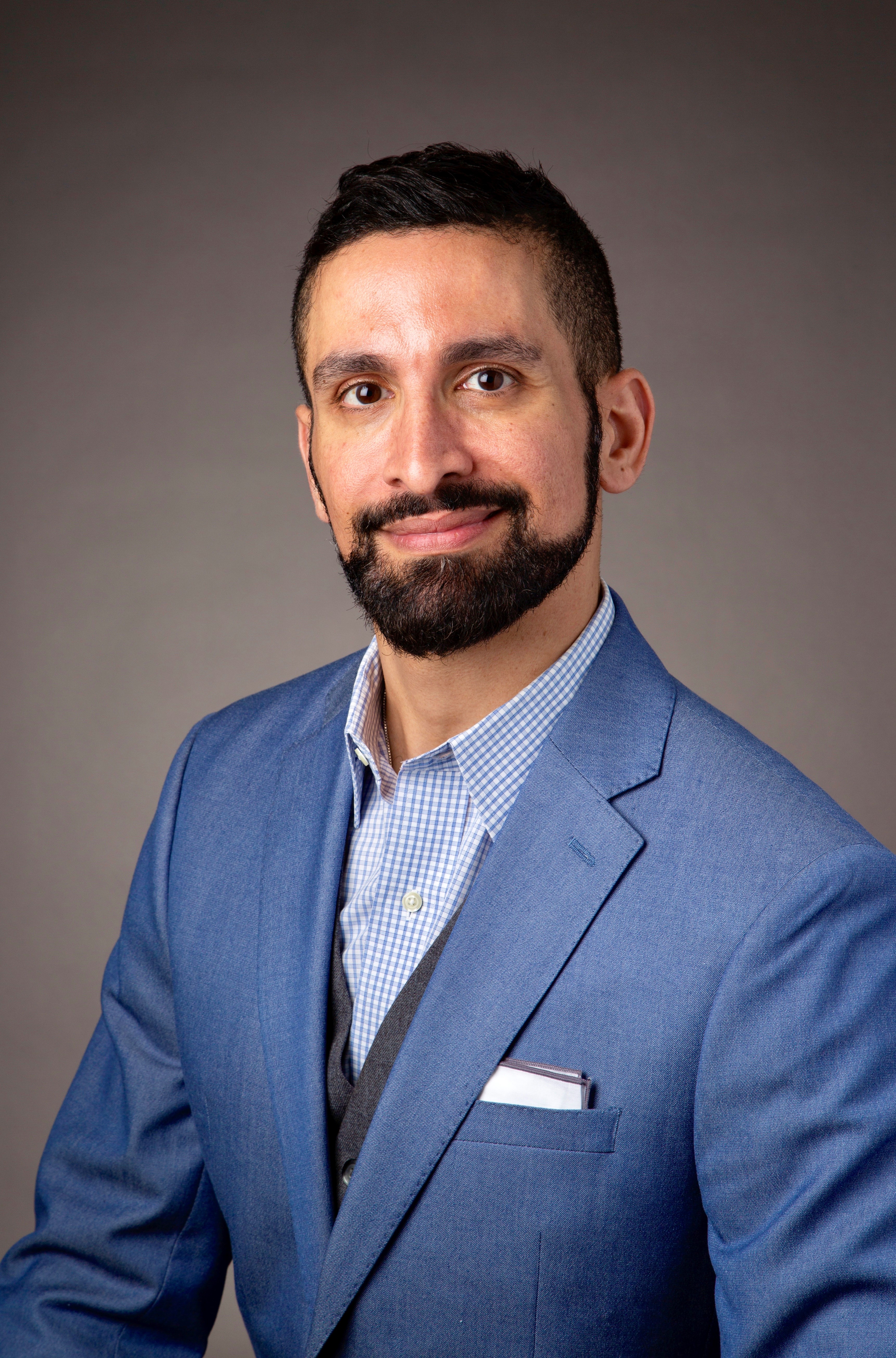Dr. James Garas
Adapting to the difficulties of the pandemic with compassion
 Inundated with new information multiple times a day, Dr. Garas knows that “screen fatigue” can come on quickly. But amidst the deluge of messages, he finds motivation because his colleagues – his fellow anesthesiologists, CRNAs, surgeons and nurses – are taking the lead on organizing, processing and sharing much-needed resources with each other.
Inundated with new information multiple times a day, Dr. Garas knows that “screen fatigue” can come on quickly. But amidst the deluge of messages, he finds motivation because his colleagues – his fellow anesthesiologists, CRNAs, surgeons and nurses – are taking the lead on organizing, processing and sharing much-needed resources with each other.
From updating protocols, to rescheduling and postponing procedures, to training one another on proper use of personal protective equipment, clinicians have had to revamp how they do just about everything – including ways to deliver patient care - in a short amount of time.
Dr. Garas was a resident in New Orleans during Hurricane Katrina and its aftermath. He went through a life-changing catastrophe and believes he came out a better and more compassionate doctor. But this current situation, he says, is different. For the first time, clinicians are having to protect themselves against their patients. It’s both heartbreaking and frustrating because he was trained to always put the patients’ wellbeing ahead of his own.
Anesthesiologists are trained to adapt. Being flexible is a big part of the job. But even the most amenable doctors are feeling the strain of this crisis. While he and his colleagues in Florida are well supported, Dr. Garas recognizes that feeling drained is ubiquitous among health care workers.
By grounding himself in the reason he became an anesthesiologist in the first place, however, Dr. Garas can refocus his mind and his heart each day. “I’m no hero. I’m simply a physician who wants to be worthy of this profession,” he says.